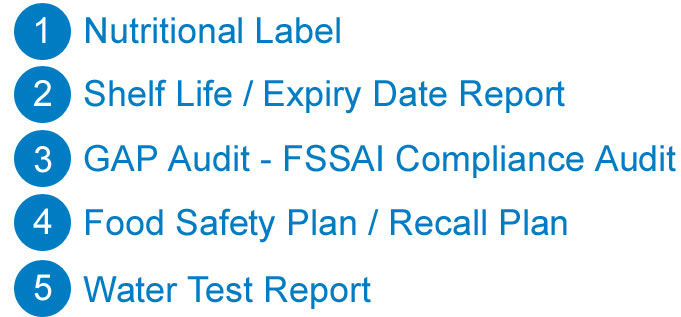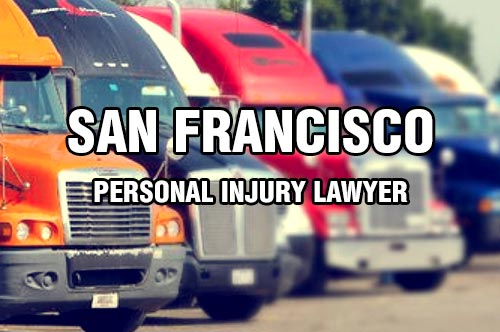All Food Business Operators who want to operate in India are required to meet FSSAI Compliance and get a license to operate. You will have to be registered as per the procedures laid down by the relevant FSS Act, 2006. The FSSAI exists under the Ministry of Health and is responsible for monitoring and regulating the manufacture, import, sale, distribution and processing of food. Its goal is to ensure the safety and quality of food. This guide explores the steps to compliance and how a consultant can help you in applying for your license.
Steps to Meet the FSSAI Compliance Requirements
Any company that operates as a Food Business Operator (FBO) in India must meet the FSSAI Compliance requirements in order to get license and follow safe and hygienic practices. Some of the key steps you will have to follow in order to meet the requirements are as following:
1. Nutritional Information on Label
All packaged food products should have 'nutritional information' on the label. In this case, the FSSAI requires certain parameters to be both tested and printed on the product's packaging. The parameters include:
- Fats
- Carbohydrates
- Proteins
- Sugar
- Energy in Calories
2. Shelf Life
Under the FSSAI Compliance requirements, it is also required that all 'packaged products' have their shelf life clearly printed. This provision was not present earlier, but it is now a mandatory requirement.
3. Audit
FBOs will also have to pass a GAP Audit conducted by the authorities. It will cover the following aspects:
- Inspection of their outlet and/or kitchen
- Identifying the appropriate non compliances as per FSSAI standards
- Inspection as per Predefined FSSA checklist
- Checking compliance and GAP Analysis
- Ensuring that the business complies to FSSAI Standards
- Making recommendations for FSSAI Compliance
4. Food Safety/Recall Plan
This aspect of the process covers the following:
- Identifying applicable FSSAI Standards
- Developing a Comprehensive Food Safety Manual
- Learning and fully comprehending Food Handling Processes
- Developing Food Safety Management Systems Plan (FSMS Plan)
5. Water Testing
When you apply for FSSAI license, it will be required to undergo Water Testing. A Water Potability Test will have to be conducted to ensure that safe and quality water is used/available. It will focus on ensuring that water will not contaminate the food products.
Getting Help From a Consultant
When you apply for a license with the FSSAI, it is best to get the help of a professional fssai license consultant. They can help you with the following aspects:
- The registration and licensing process for your food business
- Planning the packaging and label
- Applicable food product standards and additives
- Import and/or export
- Sampling and lab tests
- Issues covering toxins, contaminants and residues etc. in final product
- Dealing with any restrictions or prohibitions on sales
Such a team comprises of experts in the field of food technology, life sciences, and microbiology. Besides helping with FSSAI registration, some consultants can also provide assistance with regard to other product lines like that of Medical equipment registration, drug license and approval, etc. Dealing with the registration and licensing process can be complicated for even large companies. So it is recommended to get professional help to ensure a smooth process.
CliniExperts, the well-known FSSAI license consultant . To know more about FSSAI Compliance and Medical Equipment Registration . Visit online – https://cliniexperts.com










